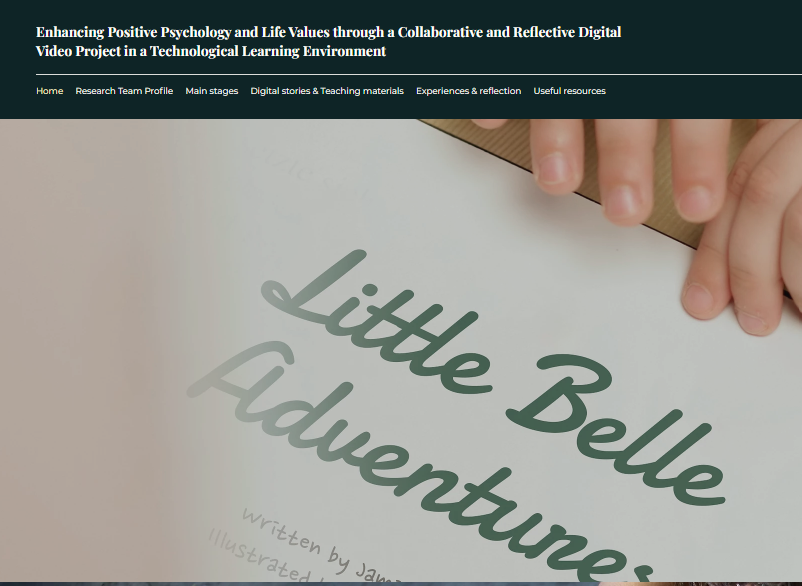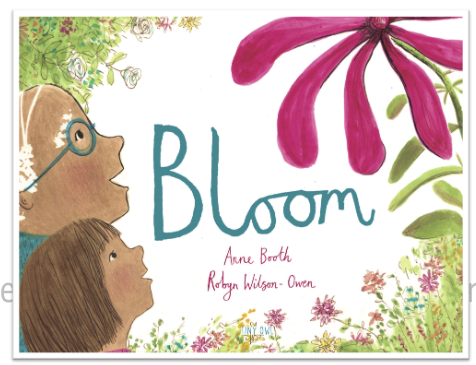
Studies have been proved that negative emotions affect students’ memorization and processing of language (Liu, Xu, & Wang, 2018; Ortega et al., 2012; Vissers et al., 2010), and judgments of learning (Witherby & Tauber, 2018). Ellis (1955) suggested that life education should be implemented in schools and universities. Teachers in Hong Kong are encouraged to provide students guidance to use rational emotions by the Education Bureau of Hong Kong. It is considered as one of the important parts of moral, civic, and national education. Through getting access to the presentation data in the spontaneous corpus, not only are students’ presentation skills improved but also the concepts on life education will be developed.
There are 13 5-minute classroom presentations, which were presented by 13 mainland Chinese learners with different English proficiency levels. The topics of the presentation are mainly about Life Education recommended by Education Bureau of Hong Kong including methods you learn from others to overcome anxiety symptoms, something you did to improve your mindfulness, a time you feel satisfied with life, a time you dealt with stress, someone you know who suffered depressive symptoms and how he/she overcame, and a time you had compassion from or to others. Each learner elaborated the topic based on their own experience, such as songs they listened, movies they watched, and books or articles they read.
IELTS Speaking Score
Classroom Presentation
6.0
8.0
Presentation Evaluation
You are strongly encouraged to practice and deliver a presentation based on the above topics and evaluate yourself or your peers using our ready-made presentation evaluation form.
The evaluation criteria are designed based on the contents and the annotations adopted in our English Speech Corpus derived from the IELTS speaking assessment criteria (Grammatical Range and Accuracy, Pronunciation, Lexical Resource, Fluency and Coherence).
Resources for primary and secondary school teachers
We developed a series of teaching materials targeted at senior primary and/or junior secondary school level. The themes covered are: (i) Power of words; (ii) Sharing is Caring; and (iii) Positive value. An evaluation form for teachers on speaking is also included. You may make necessary adjustments based on the teacher’s note and tips.
Theme
Language Focus
Material

(Picture retrieved from: https://www.fivequills.co.uk/product/sky-private-eye-and-the-case-of-the-missing-grandma/)
Sharing is Caring
Verb phrase for directions
&
Sentence stress
Contributor to the teaching materials:
CHAN, Ching Hang Justine
Useful Websites on Life Education
•「看動畫、悟生命、學品德」"Watching Animation, Understanding Life, and Learning Morality"

• Enhancing Positive Psychology and Life Values through a Collaborative and Reflective Digital Video Project in a Technological Learning Environment
https://lsiyang.wixsite.com/cracproject/participants-work

References:
Ellis, A. (1956). The effectiveness of psychotherapy with individuals who have severe homosexual problems. Journal of Consulting Psychology, 20, 191–195.
Liu. X., Xu. X., & Wang H. (2018). The effect of emotion on morphosyntactic learning in foreign language learners. PLoS ONE, 13(11): e0207592. https://doi.org/10.1371/journal.pone.0207592
Ortega, R., Elipe, P., Mora‐Merchán, J. A., Genta, M. L., Brighi, A., Guarini, A., ... & Tippett, N. (2012). The emotional impact of bullying and cyberbullying on victims: A European cross‐national study. Aggressive behavior, 38(5), 342-356.
Visser, B. A., Bay, D., Cook, G. L., & Myburgh, J. (2010). Psychopathic and antisocial, but not emotionally intelligent. Personality and Individual Differences, 48(5), 644-648.
Witherby, A. E., & Tauber, S. K. (2018). Monitoring of learning for emotional faces: How do fine-grained categories of emotion influence participants’ judgments of learning and beliefs about memory?. Cognition and Emotion, 32(4), 860-866.


